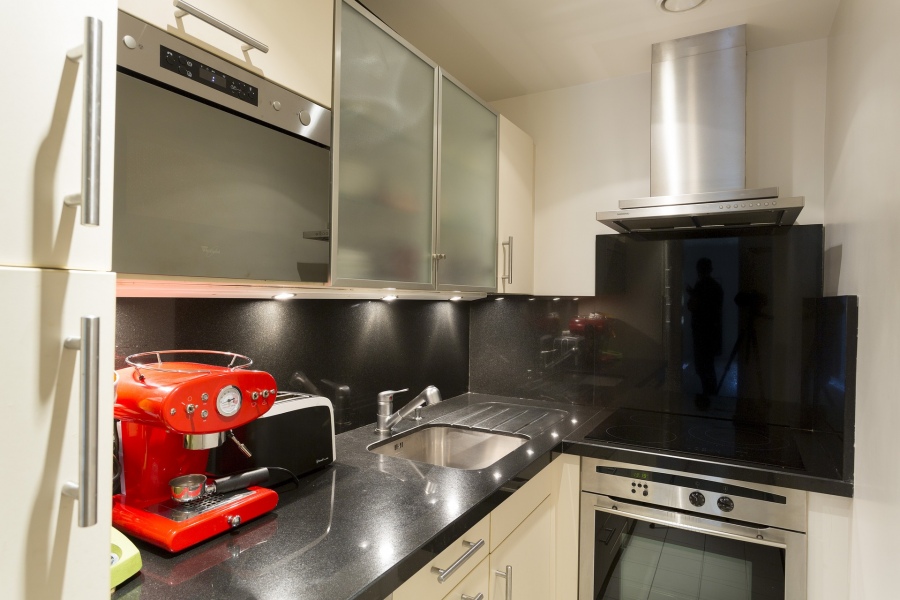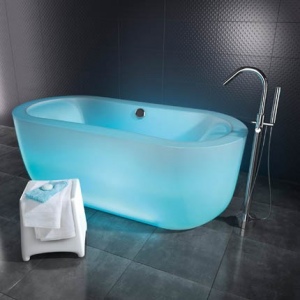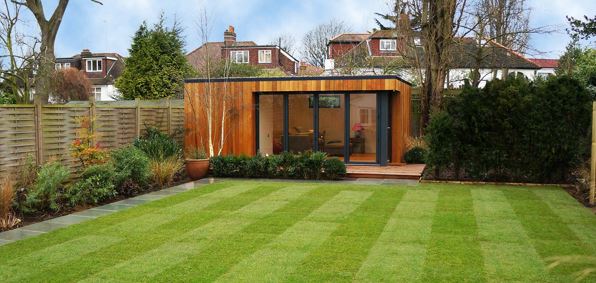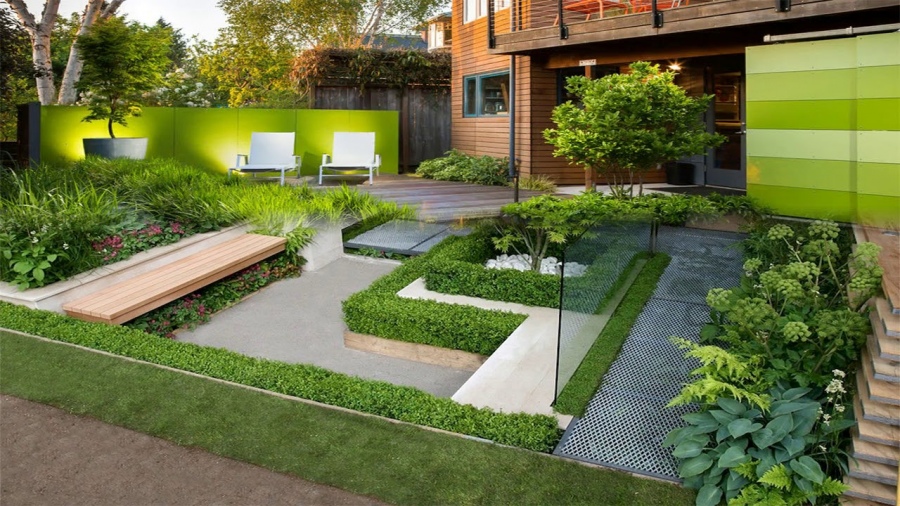We all want to do what we can to help the environment and one thing we have a lot of control over is how eco-friendly our homes are. So, if you’re looking for some inspiration to make your home more eco-friendly, you’re in the right place! We’ve got options that won’t cost you anything through things that do need an investment, however they will all save you money in the long run whilst also helping you to be more eco-friendly. As well as this, if you ever go to sell property, a few of our ideas can be fantastic in terms of adding value to your home. We’ve also included some lifestyle suggestions so you can create a really good well-rounded approach to becoming more eco-friendly.
Install A Smart Meter
First up, we’d definitely recommend installing a smart metre. These are small devices that you can have fitted to help you track your energy, see your bills and give readings easily. Many energy companies will fit them for you for only a small fee, then your readings will automatically be sent to your provider to make the process more accurate and seamless. You can connect smart metres to your phone to manage your use and reduce your emissions, with the app showing you your consumption patterns, so you can see where the majority of your energy is being used and then look at ways to cut it down.
For example, if a significant amount of energy is used when you’re using your washer and dryer, you may use them out of peak hours when energy is cheaper and also reduce the temperature that they run at. Maybe a lot of your energy goes into heating hot water, so you put the boiler on a timer when you most commonly need water. If your heating costs a lot, you could look at more sustainable secondary heating sources, like a heated blanket to use at night so you don’t need to heat your whole home. Or, potentially things like underfloor heating which could be the perfect flooring for your home, or a wood burning stove which are really efficient.
If you’re able to have a smart metre fitted, we’d definitely recommend it.
Consider Your Insulation Options
Another key component to consider is how well insulated your home is. Often the standard insulation in homes isn’t up to scratch, so looking at your own options is key. For example, if you don’t have good loft insulation, this can really transform how much energy is able to escape, saving you energy and money. If you have a conservatory with a glass roof, or even one with a roof but no insulation, having conservatory roof insulation fitted can be incredible to make the space usable all year round. If you have single or old double glazed windows, considering upgrading them is key to keeping warmth in your home when you want it.
Reduce Your Single-Use or Low Use Items
One of the best things you can do to make your home more eco-friendly is to reduce your single use items. Things like plastic straws, foil and cling film, plastic water bottles, disposable tubs, takeaway coffee cups, plastic toiletries containers like shampoo and hand soap, plastic toothbrushes and plastic bags can seriously add up to produce a lot of waste. Whilst we can recycle, avoiding these items where we can is so important to help protect the planet. So, here are some examples of changes you can make:
- Swap plastic straws for metal straws
- Replace foil and cling film with beeswax food wrap or washable silicone inserts for your baking trays
- Change your single use plastic bottled water for a home filter and reusable bottle
- Swap disposable tubs for glass you can use over and over
- Take your own reusable cup when you go to get coffee
- Choose toiletries that offer reduced plastic refills
- Swap plastic toothbrushes for bamboo
These are just a few examples. So, to make it specific to your home, be slightly more aware of what you’re using and start to notice patterns of what fills up your main bin and your recycling bins. Then, simply Google “eco-friendly alternatives to …” and you’ll find lots of inspiration.
Use More Gentle Cleaning Products
Traditional cleaning products are packed full of chemicals and often come in a lot of plastic, so swapping out for more gentle cleaning products is key. Firstly, you could make your own, with there being plenty of ways to create effective cleaning products using what you have at home. For example, mixing water, white vinegar and dish soap as a glass cleaner, or mixing lemon juice with baking soda as a cleaning paste.
If you’d be more comfortable purchasing your cleaning products, there are lots of great eco-friendly companies out there who will send you an initial box with reusable spray bottles or containers, then you can set up a subscription based on your usage so when you need it, little tablets are sent to you that you simply pop into the bottles, top up with water and then you have highly effective and eco-friendly cleaning products without all the waste.
Reduce Food Waste
Something else you can do to make your home more eco-friendly is to reduce food waste. We’re all guilty of over buying and then food going to waste, so we have a few tips. Firstly, whilst it takes a bit of time, you should 100% be planning your meals out each week. Before your food shop, sit down and write out everything you’re doing that week, then you can plan your meals around that. For example, one day you might be working from home so would have a bit more time, other days you might have a gym class after work so you’ll need something quicker. Plan out everything you’ll eat for breakfast, lunch and dinner, then write your list of what you need. This way, when you go shopping, you’re more likely to only buy what you need and then you’re reducing waste.
When you’re planning out your meals, we’d also recommend bulk cooking a few meals. None of us are perfect and plans regularly change, so when you bulk cook, you can freeze it and then have healthy and delicious meals ready to go, so you’re less likely to order takeaways and increase your plastic consumption. Plus, when you bulk cook, it’s much more energy efficient than using the hob or oven for just one meal. Things like chilli con carne, curries, pasta dishes, soups and stews all work really well for bulk cooking!





